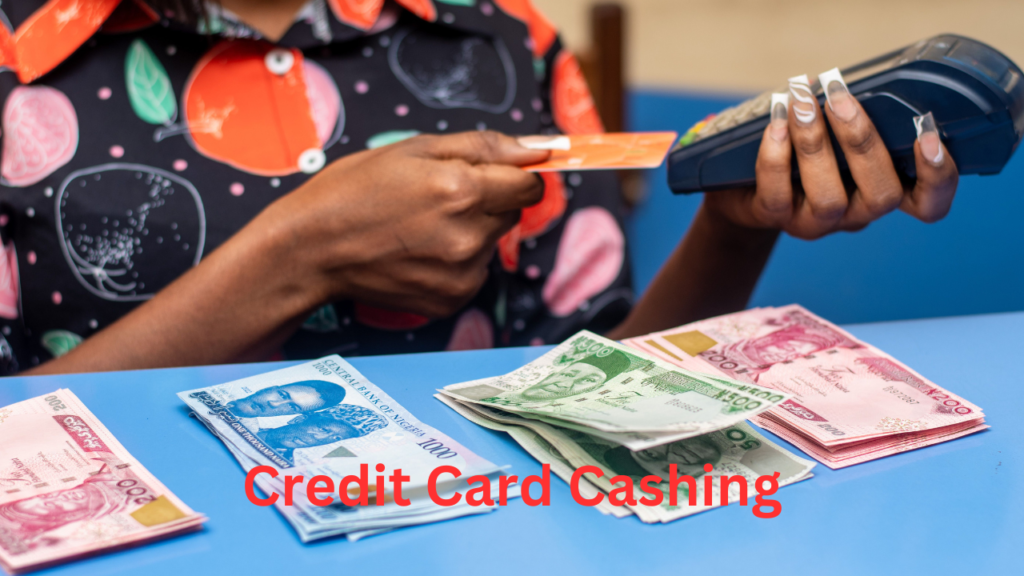People sometimes use credit cards to get cash. It is called Credit Card Cashing. They do transactions that look like purchases instead of cash advances. However, it can cause issues. It may be against the law and also have high fees. It can hurt your credit score, too. This article talks about credit card cashing. It explains why it is risky and covers how it impacts people and banks.
What Is Credit Card Cashing?
At times, individuals resort to using credit cards to access cash. They might purchase gift cards or money orders using their credit cards, which they then exchange for actual currency. Alternatively, they could transfer credit card funds between accounts. While these transactions may resemble purchases, they serve as a means to bypass cash advance costs. These strategies enable them to access cash without incurring typical fees, offering a glimmer of financial freedom.
Why People Use Credit Card Cashing
Quick Cash: They may have no savings. They can’t get cash from their bank account. So, they cash their credit cards instead.
Getting Money without Fees: Credit card companies charge high fees for cash advances, making them expensive. Using a credit card to get cash can seem cheaper at first.
Skipping Regular Loans: Some people cannot get regular loans because of lousy credit or other reasons. So they look for other ways to get cash.
The Risks and Legal Implications
While it might seem like a convenient way to access cash, it carries significant risks and potential legal ramifications:
It’s important to note that credit card contracts explicitly prohibit activities that resemble purchases but are intended to obtain cash. Engaging in such cash-like transactions with credit cards can result in account closures, fees, or even legal action. Understanding these terms is crucial to ensure you’re making informed financial decisions.
High Costs and Interest: Even if it seems like using credit cards for cash avoids cash advance fees, other expenses may apply. These include higher interest rates or penalties for breaking credit card rules.
Impact on Credit Scores: Using credit cards for cash can increase your credit card usage, which may lower your credit score. If the company finds out, they might close your account or charge fees, which can also hurt your credit history.
Fraud and Money Laundering Concerns: Getting cash from credit cards may seem suspicious, but credit card companies and authorities watch this behaviour. It could be a sign of illegal activities like fraud or money laundering. If caught, you could face fines or legal issues.
Alternative Ways to Access Cash
There are better options than cash advances from credit cards if you need money. These choices have lower risks and costs.
- One option is getting a personal loan from a bank or credit union. These often have lower interest rates than credit card cash advances.
- If you own a home, you could also get a home equity loan or line of credit—the interest rates for these are typically lower than credit card advances.
- You could borrow money from family or friends, but be careful. Make a clear agreement on repaying the loan to avoid problems.
- Building up savings for emergencies is smart. Having money saved up means you won’t need risky options like credit card cash advances.
Conclusion
Getting cash from your credit card may look easy when you need money, but it’s risky and has big problems. Getting cash advances can bring legal issues. The fees are extremely high. It can also harm your credit score badly. Before doing 신용카드 현금화, carefully think about these dangers. Read all the details in your credit card agreement. If you’re not sure, ask a money expert for safer choices. Making smart money decisions now will help you avoid paying more later. There may be better ways to get cash when needed.

